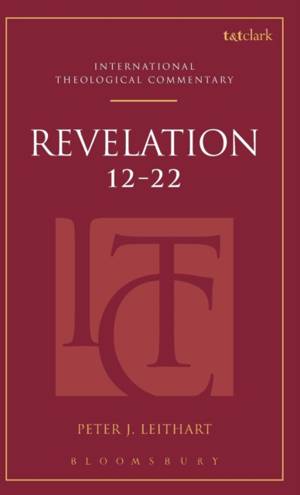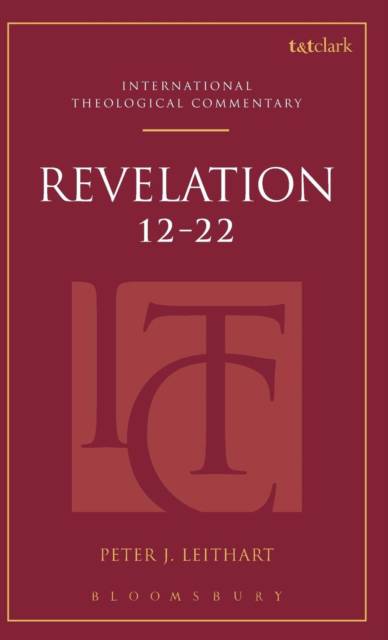
Bedankt voor het vertrouwen het afgelopen jaar! Om jou te bedanken bieden we GRATIS verzending (in België) aan op alles gedurende de hele maand januari.
- Afhalen na 1 uur in een winkel met voorraad
- In januari gratis thuislevering in België
- Ruim aanbod met 7 miljoen producten
Bedankt voor het vertrouwen het afgelopen jaar! Om jou te bedanken bieden we GRATIS verzending (in België) aan op alles gedurende de hele maand januari.
- Afhalen na 1 uur in een winkel met voorraad
- In januari gratis thuislevering in België
- Ruim aanbod met 7 miljoen producten
Zoeken
Omschrijving
The Book of Revelation is the last book in the canon of the New Testament, and its only apocalyptic document, though there are short apocalyptic passages in various places in the gospels and the epistles. This second of two volumes on Revelation offers a systematic and thorough interpretation of the latter chapters of the book. Revelation brings together the worlds of heaven, earth and hell in a final confrontation between the forces of good and evil. Its characters and images are both real and symbolic, spiritual and material, and it is frequently difficult to know the difference between them,
Revelation's cryptic nature has ensure that it would always be a source of controversy. This commentary focuses on the theological content, gleaning the best from both the classical and modern commentary traditions and showing the doctrinal development of Scriptural truths. Scholarship on the book of Revelation has nonetheless not only endured, but even captured the imagination of generations of Bible students, both professionals and laypeople alike. Through its focus on the message of the book through scholarly analysis, this ITC reconnects to the ecclesial tradition of biblical commentary as an effort in ressourcement, though not slavish repetition.
Revelation's cryptic nature has ensure that it would always be a source of controversy. This commentary focuses on the theological content, gleaning the best from both the classical and modern commentary traditions and showing the doctrinal development of Scriptural truths. Scholarship on the book of Revelation has nonetheless not only endured, but even captured the imagination of generations of Bible students, both professionals and laypeople alike. Through its focus on the message of the book through scholarly analysis, this ITC reconnects to the ecclesial tradition of biblical commentary as an effort in ressourcement, though not slavish repetition.
Specificaties
Betrokkenen
- Auteur(s):
- Uitgeverij:
Inhoud
- Aantal bladzijden:
- 512
- Taal:
- Engels
- Reeks:
Eigenschappen
- Productcode (EAN):
- 9780567036452
- Verschijningsdatum:
- 22/02/2018
- Uitvoering:
- Hardcover
- Formaat:
- Genaaid
- Afmetingen:
- 142 mm x 218 mm
- Gewicht:
- 771 g

Alleen bij Standaard Boekhandel
+ 457 punten op je klantenkaart van Standaard Boekhandel
Beoordelingen
We publiceren alleen reviews die voldoen aan de voorwaarden voor reviews. Bekijk onze voorwaarden voor reviews.









